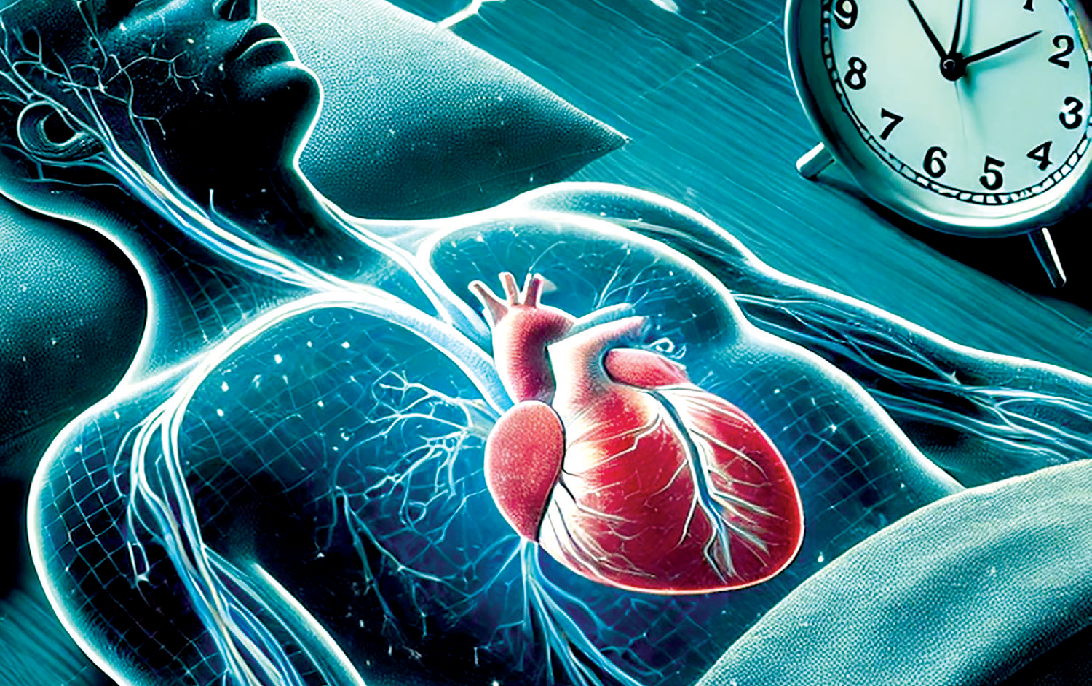
Living with haemophilia: what you need to know
By Dr Girish V Badarkhe
Haemophilia is a rare inherited condition in which a person’s blood clotting ability is impaired. It means that if this person is injured , they may bleed for longer or their blood clots more slowly than the normal individual. It is caused by a lack of clotting factors in the blood that help platelets to form blood clots by interacting with them.
Mild haemophiliacs may only experience bleeding difficulties that necessitate treatment if they sustain a significant injury or wound, post an accident, surgery, or tooth extraction. They may not even be aware that they have mild haemophilia if they have not had any traumas or operations and might not be diagnosed until they are older.
Haemophilia primarily affects males and is inherited (congenital). Although the majority of women who inherit the gene of haemophilia do not develop the disease and are carriers for the disease, however rarely some do experience bleeding symptoms.
Types
Haemophilia can come in a variety of forms, with the two most prevalent being: Haemophilia A: Caused by the deficiency of clotting factor VIII Haemophilia B: Caused by the deficiency of clotting factor IX.
Symptoms
Haemophilia symptoms and signs differ patient to patient based on the severity of deficiency of clotting factors. One may only bleed after surgery or trauma if the clotting factor level is mildly lowered. If one has a significant deficiency, they can bleed easily and for no apparent cause. Possible complications Haemophilia can cuse internal bleeding like swelling of the limbs caused by deep muscular bleeding. This puts pressure on nerves, causing numbness or pain. It could be life-threatening depending on where the bleeding occurs.
? Bleeding from the mouth or nose into the throat or neck making it difficult for a person to breathe
? Internal bleeding can exert strain on the joints, resulting in excruciating discomfort. If left untreated, it can lead to arthritis, joint deterioration, or degeneration. For people suffering from this disease there’s a higher danger of viral infections like hepatitis B & C if human plasma or factors derived from human origin are used to treat haemophilia. The danger is limited due to donor screening processes. Treatment with clotting factors sometimes can cause development of antibodies against factor (inhibitors). The immune system reacts negatively to the clotting agents used to treat bleeding in some persons with severe haemophilia.
When this happens, the immune system produces proteins (Antibodies) that prevent the clotting factors from functioning and reduces the effectiveness of treatment.
Consulting a doctor
If you or your child exhibits the following symptoms, get immediate medical attention:
Symptoms or signs of a haemorrhage in the brain and an injury with uncontrollable bleeding can cuse complications. Swollen, hot-to-the-touch joints that are difficult to bend can develop.
Treatment
Living with haemophilia complications can be difficult. Haemophiliacs, on the other hand, can control their bleeding symptoms with treatment by replacing the missing blood clotting factor, allowing the blood to clot normally.
Commercially produced factor concentrates are infused (through a vein) to achieve this. People with haemophilia can learn to administer these infusions on their own to prevent bleeding episodes. Highquality medical care from doctors and nurses can help avert significant complications.
Coping and assistance
To help you and your child cope with haemophilia, here are some resources: Make sure to have a medical alert bracelet: This informs medical staff that you or your child has haemophilia, as well as the sort of clotting factor to use in an emergency.
Consult a therapist: It can be difficult to strike the appropriate balance between keeping your child safe and promoting as much movement as possible. A social worker or therapist who is familiar with haemophilia can assist you in determining the fewest restrictions your child requires.
Talk about it: Tell anyone who will be caring for your child about his/her health, including babysitters, childcare workers, relatives, friends, and teachers. If your child participates in noncontact sports, make sure to inform the coaches as well.
(The author is a Senior Consultant- Hematology, Hemato-Oncology, and Bone Marrow Transplant, Fortis Hospitals.)
 English daily published in Bengaluru & Doha
English daily published in Bengaluru & Doha






